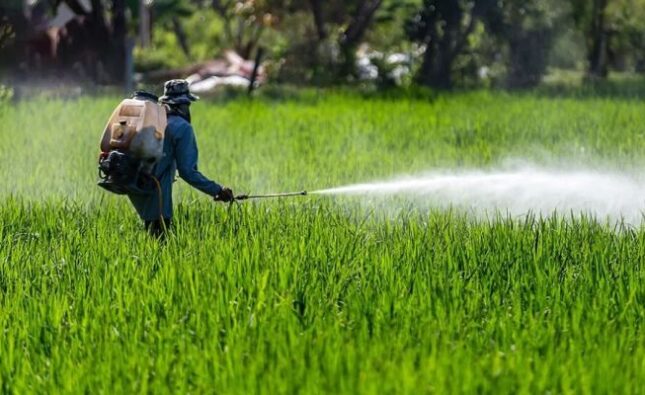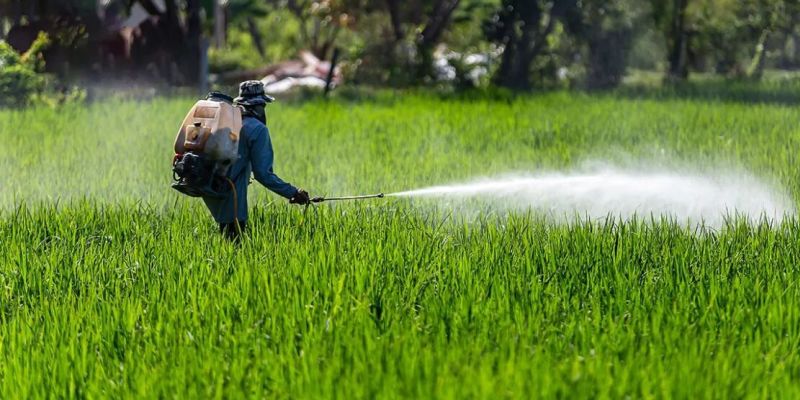Apple Production in India Plunges as Kashmir and Himachal Agricultural Fields Suffer Severe Damage
In a significant blow to India’s apple production, the scenic regions of Kashmir and Himachal Pradesh have faced severe damage to their agricultural fields, leading to a substantial decline in apple yields. The unexpected calamity has left local farmers and authorities grappling with the consequences and raises concerns over the impact on the nation’s economy and food security.
Recent extreme weather events, including unseasonal heavy rainfall, hailstorms, and landslides, have wreaked havoc in these Himalayan regions, traditionally known for their flourishing apple orchards. The natural calamities have adversely affected the apple crop at a crucial stage of growth, resulting in widespread destruction and crop loss.
Farmers, who heavily depend on apple cultivation as their primary source of income, are facing immense hardships. Many orchards have suffered irreversible damage, leaving farmers with meager yields, if any. The loss of income is likely to create financial distress for these agrarian communities, with implications for the entire agricultural sector in the affected regions.
Government authorities and agricultural experts are conducting assessments to gauge the extent of the damage and to provide timely support to the affected farmers. Immediate relief measures are being discussed, including financial aid, crop insurance, and assistance in the form of agricultural inputs to help farmers recover from the losses.
The situation has raised concerns at the national level, as India is one of the world’s largest apple producers. The combined output of Kashmir and Himachal Pradesh constitutes a significant portion of the country’s total apple production. With the disruption in these regions, there are fears of a potential shortage of apples in the domestic market and an increase in prices, affecting consumers nationwide.
The government has assured its commitment to assisting the affected regions and farmers in their recovery efforts. Special teams have been deployed to assess the damage and evaluate the immediate needs of the farming communities. Additionally, steps are being taken to implement long-term measures to enhance climate resilience in agricultural practices and mitigate the impact of future natural disasters.
As the affected regions grapple with the aftermath of the devastating weather events, solidarity and support from neighboring states and the entire nation are essential in rebuilding the livelihoods of the affected farmers. The Indian government, NGOs, and private sector entities are urged to work collaboratively to alleviate the crisis and ensure the sustenance of India’s vital apple industry in the face of such unprecedented challenges.






